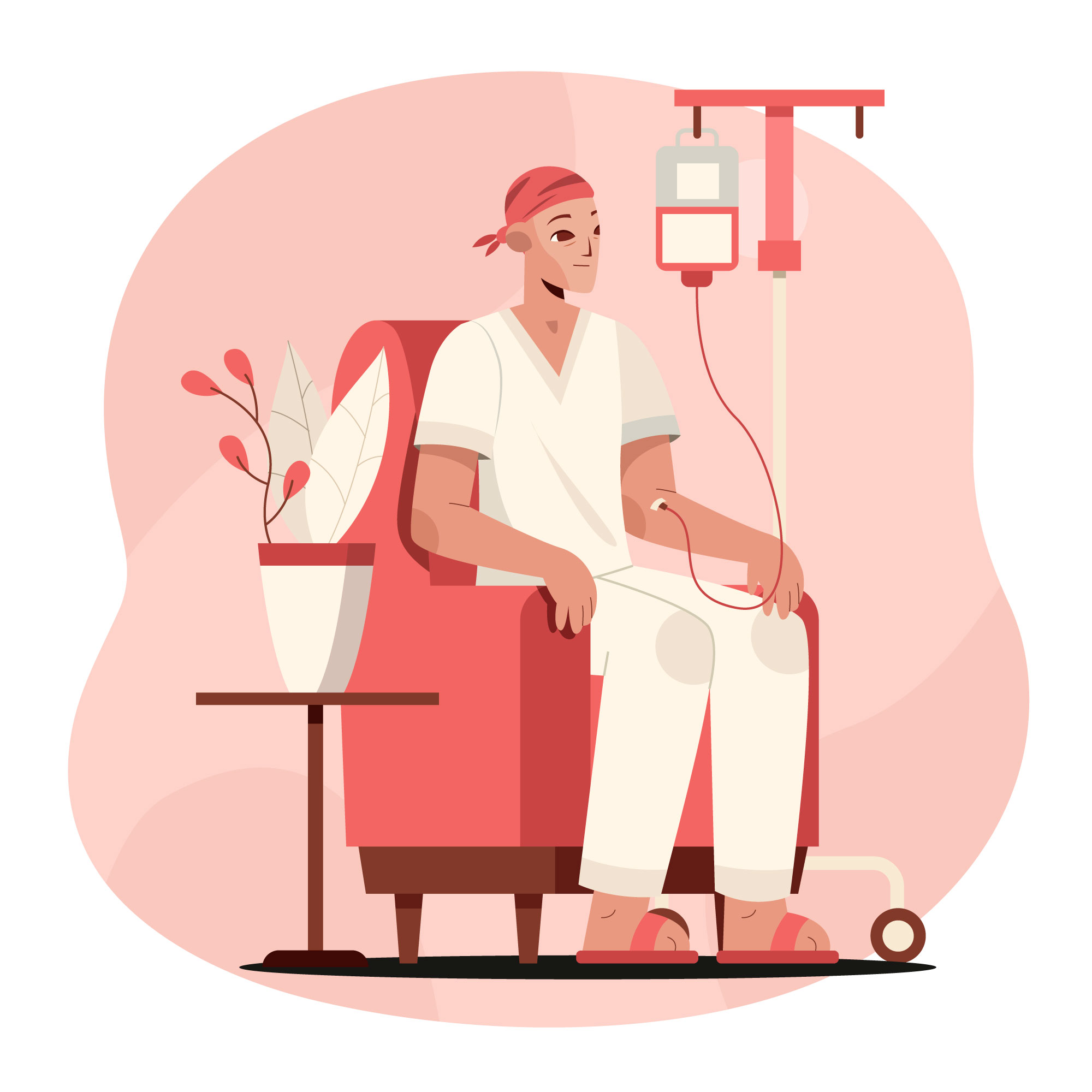

For the first time, researchers have demonstrated precisely how immature neutrophils, which are white blood cells and an essential component of the immune system, are used by pancreatic tumors to promote immunosuppression and treatment resistance. The study was published in Cancer Discovery, a magazine of the American Association for Cancer Research, and was conducted by researchers from the Sylvester Comprehensive Cancer Center at the University of Miami Miller School of Medicine.
In the research, a pancreatic cancer signaling circuit that promotes immunosuppression and tumor-promoting inflammation in the pancreatic tumor microenvironment and ultimately leads to treatment resistance is described. TNF signaling from neutrophils is the main regulator of this therapy resistance. Tumor necrosis factor, or TNF, is an inflammatory agent found in the body.
According to Jashodeep Datta, M.D., associate director of Translational Research at the Sylvester Pancreatic Cancer Research Institute, this is the first study to link immunosuppressive signals from immature neutrophils, which are the first sentinels in the development of pancreatic cancer, to this process. The senior author of the multicenter study is Datta, whose Sylvester laboratory conducted the investigation. “It suggests neutrophils are a dominant actor in this circuit. This is the first description of how cancer cells talk with neutrophils and how neutrophils are major actors in this immunosuppressive inflammatory drama in the pancreatic tumor microenvironment,” said Datta, the DiMare Family Chair in Immunotherapy at the Miller School.
He said the research is critical to scientists’ knowledge of pancreatic cancer—one of the most treatment-resistant cancers—because it “connects the molecular dots between the high-risk tumor genotypes that exist in pancreatic cancer and the specific molecular and cellular culprits—the immature neutrophils—that are involved in creating immunosuppressive networks in the pancreatic tumor microenvironment.” The research team, Datta said, is “creating a road map to target each element of these molecular dots” to thwart this inflammatory process and overcome therapeutic resistance.
Nipun Merchant, M.D., the founding director of the Sylvester Pancreatic Cancer Research Institute and a co-author of the paper, said the research “will pave the way to the ultimate goal of clinical studies, so that our findings can be directly translated to improve patient care.
Datta said clinical trials will attempt to target the immunosuppressive pathway from numerous angles.
We’re collaborating with multiple groups across the country to make this happen and are developing a novel nanoengineering platform to target neutrophils without killing them so we can target the tolerogenic [immunosuppressive] signaling mechanisms within neutrophils,” he said.
The Miller School’s departments of Microbiology and Immunology, the Diabetes Research Institute, and Public Health Sciences all contributed to the finding through working with the Sylvester team. They also collaborated with colleagues from Johns Hopkins, Harvard, the University of Pennsylvania, and other medical schools and cancer institutions.
In order to comprehend cellular connections in the pancreatic tumor microenvironment, the researchers made use of cutting-edge technologies, such as single-cell biology. In order to comprehend how cancer cells and neutrophils coordinate this interplay, researchers used high-dimensional sequencing.
They made it all work together by utilizing patient-provided blood samples and tissue specimens in translational and mechanistic studies to overcome chemotherapy resistance in cellular and animal models.
more recommended stories
 Nanoplastics in Brain Tissue and Neurological Risk
Nanoplastics in Brain Tissue and Neurological RiskKey Takeaways for HCPs Nanoplastics are.
 AI Predicts Chronic GVHD Risk After Stem Cell Transplant
AI Predicts Chronic GVHD Risk After Stem Cell TransplantKey Takeaways A new AI-driven tool,.
 Red Meat Consumption Linked to Higher Diabetes Odds
Red Meat Consumption Linked to Higher Diabetes OddsKey Takeaways Higher intake of total,.
 Pediatric Crohn’s Disease Microbial Signature Identified
Pediatric Crohn’s Disease Microbial Signature IdentifiedKey Points at a Glance NYU.
 Nanovaccine Design Boosts Immune Attack on HPV Tumors
Nanovaccine Design Boosts Immune Attack on HPV TumorsKey Highlights Reconfiguring peptide orientation significantly.
 High-Fat Diets Cause Damage to Metabolic Health
High-Fat Diets Cause Damage to Metabolic HealthKey Points Takeaways High-fat and ketogenic.
 Acute Ischemic Stroke: New Evidence for Neuroprotection
Acute Ischemic Stroke: New Evidence for NeuroprotectionKey Highlights A Phase III clinical.
 Statins Rarely Cause Side Effects, Large Trials Show
Statins Rarely Cause Side Effects, Large Trials ShowKey Points at a Glance Large.
 Anxiety Reduction and Emotional Support on Social Media
Anxiety Reduction and Emotional Support on Social MediaKey Summary Anxiety commonly begins in.
 Liquid Biopsy Measures Epigenetic Instability in Cancer
Liquid Biopsy Measures Epigenetic Instability in CancerKey Takeaways Johns Hopkins researchers developed.

Leave a Comment